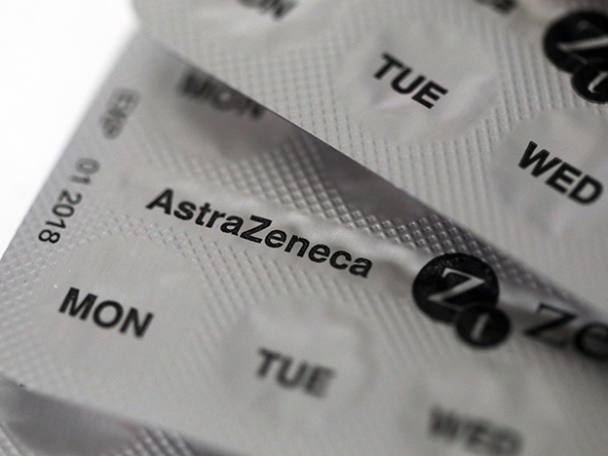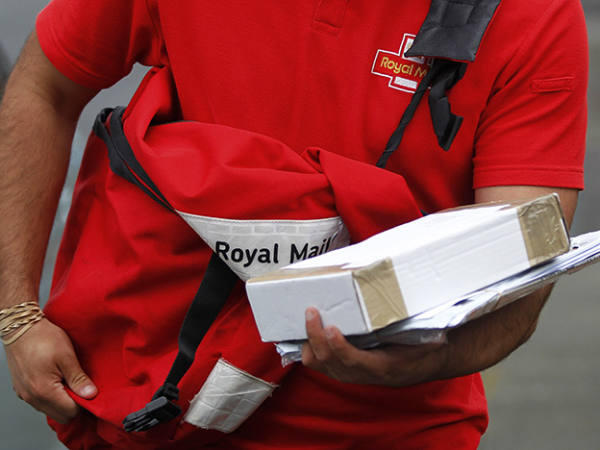The pharma industry has an unhealthy relationship with politics – a co-dependency in which companies and regulators compete for the balance of power. It’s a particularly pressing issue in the US, where drug prices are ludicrously high and pharma companies make huge sums of money. Drug pricing is reportedly one of the biggest priorities for US voters, and politicians on all sides agree that something needs to be done.
It is therefore good news for the pharma industry that those politicians failed to agree a solution to the price problem last year. As the 2020 presidential election gets closer and big policy changes look less likely, pharma executives seem confident that a major pricing clampdown is not going to happen soon. Just two days into the new year, drug companies hiked their US prices by an average of 5 per cent.
In 2020, the US is not the only government that pharma companies need to pay close attention to. China is an increasingly dominant power in the industry as its population ages and its government seeks to level the playing field with western healthcare. Research firm Iqvia thinks the market could be worth $170bn (£130bn) by 2023, up from $137bn in 2018, meaning it has the potential to be a major source of future revenue for global pharma companies. AstraZeneca (AZN) has been one of the biggest investors in this fast-growing market. Its emerging market sales jumped ahead of those from the US in the first quarter of 2019, thanks to 28 per cent growth in China. For patient investors who have held on during many years of heavy investment, the rewards are finally rolling in.
GlaxoSmithKline’s (GSK) investors might have to wait a bit longer for the same sort of sales growth as the company has been slow to shift from the traditional conglomerate model to one focused on exciting new medicines. But it is good news that the patent cliff – which has dented the prospect of revenue growth in the past few years – seems to be behind it, while a 22 per cent increase in research and development expenditure in the third quarter of 2019 suggests that the company has started to focus on innovation.
Regardless of the divergence in strategy, the big costs of an evolving pharma industry are biting both the UK’s top drug developers. GSK hasn’t raised its dividend since 2014, while rising debt and wobbly cash flows put Astra’s payout in danger. That’s disappointing considering income is one of the main reasons investors hold these pharma giants.
By contrast, Hikma (HIK) managed a 14th consecutive year of dividend growth in 2019 despite the fact that drug pricing trends have swayed out of its favour – as a specialist in cheap, copycat medicines, Hikma tends to thrive when prices come under fire. A sensible strategy of focusing on specialised generic treatments that can demand decent prices means high-margin revenue growth should continue in 2020.
In 2019, the FTSE 100 lost its third big drug developer when Shire was acquired by Japanese giant Takeda. Mega-mergers in the pharma industry have cooled since then, but bolt-on acquisitions are expected to continue as companies attempt to bulk up their new drug pipelines. Further consolidation is also expected in the animal division of the global pharma market. Here, pricing is not an issue – unlike human patients, pet owners seem to have no upper limit on what they are willing to spend on their animals. Innovation has helped Genus (GNS) and Dechra (DPH) capitalise on demand in 2019, but takeover speculation could also be baked in to the strong share price momentum.
<boxout>
Favourites
Despite the market challenges of 2019, Hikma is expected to report mid-single-digit growth across all three of its divisions in upcoming annual results. The company may be on the wrong side of current political trends, but its focus on improving access to specialist medicines is certainly in keeping with long-term demand. What’s more, its low gearing means the dividend (although conservative) now looks more reliable than its big pharma peers.
Outsiders
Biotech investment group PureTech Health (PRTC) had an astonishing 2019 after a series of strong clinical results from some of its affiliate companies catapulted it into the FTSE 250 for the first time. But many of the group’s investment projects remain at an early stage of development, while further fundraisings from affiliate companies could dilute PureTech’s stake. With the company still lossmaking and the risk of disappointment high, it might be prudent to cash in some of 2019’s gains.
| NAME | Price (p) | Market cap (£m) | 12-month (%) | Fwd PE | Yield (%) | Last IC View |
| AstraZeneca | 7,701 | 101,048 | 37.90% | 25 | 3.00% | Hold, 7,186p, 24 Oct 2019 |
| Dechra Pharmaceuticals | 2,950 | 3,025 | 25.40% | 31 | 1.10% | Hold, 2,754p, 26 Sep 2019 |
| Genus | 3,100 | 2,005 | 36.70% | 39 | 0.90% | Hold, 2,750p, 5 Sep 2019 |
| GlaxoSmithKline | 1,820 | 90,085 | 23.50% | 15 | 4.40% | Buy, 1,675p,24 Jul 2019 |
| Hikma Pharmaceuticals | 1,948 | 4,718 | 24.30% | 17 | 1.60% | Buy, 1,985p, 9 Aug 2019 |
| PureTech Health | 293 | 836 | 71.30% | - | - | Buy, 280p, 27 Aug 2019 |








